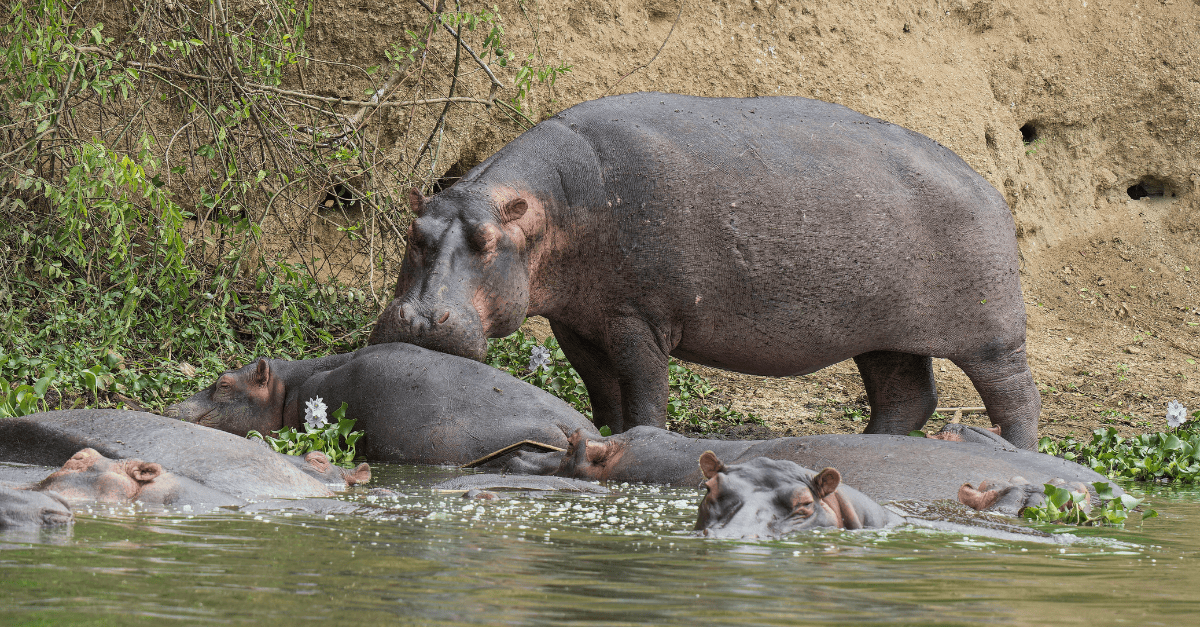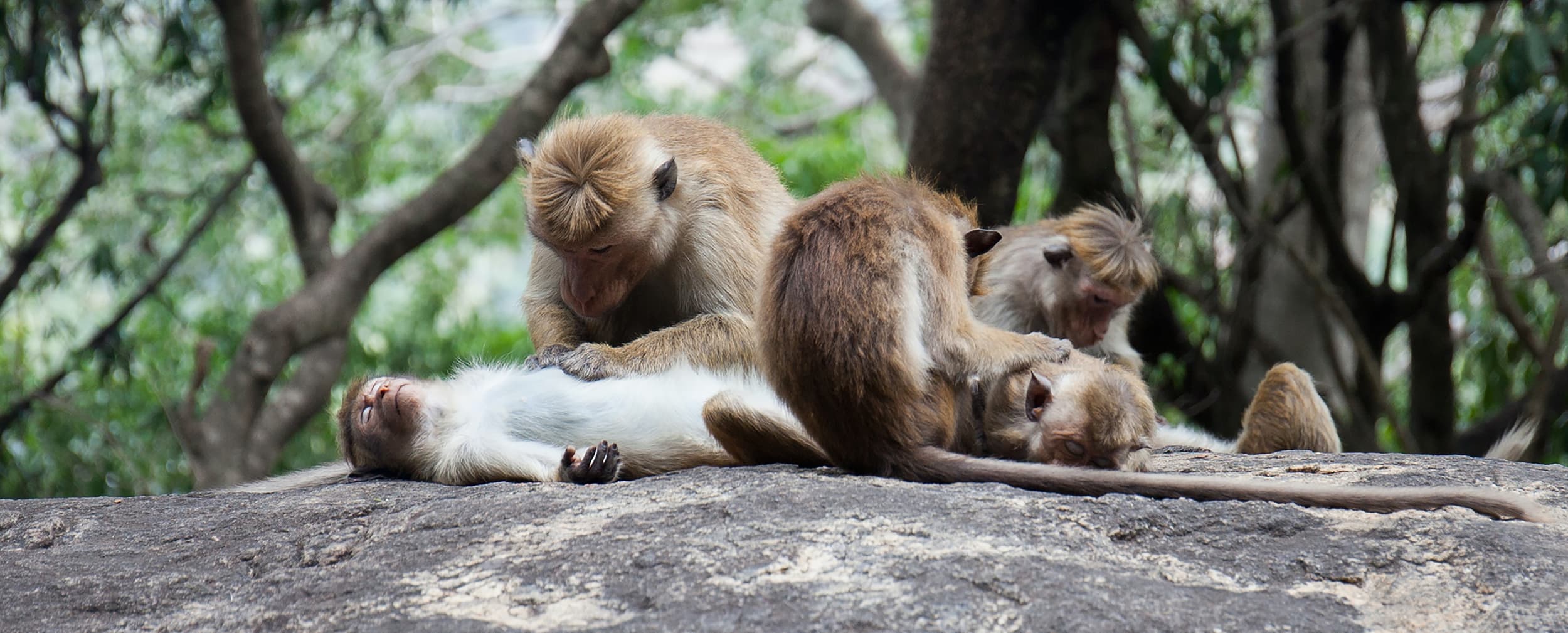Linking animal welfare to sustainable agriculture
Last month, the UN General Assembly underscored the need for increased urgency to ensure that animal health and welfare can contribute to the Sustainable Development Goals (SDGs).
In its resolution A/RES/78/168, adopted by consensus on 19 December 2023, it also highlighted the importance of a One Health approach, emphasising its benefits to people, animals, plants, and ecosystems.

The explicit recognition by UN Member States of animal welfare providing a positive contribution to achieving the SDGs is a significant step forward. It provides a mandate for policymakers worldwide to integrate further steps to enhance animal welfare within their broader sustainable agriculture policies. This builds on existing calls by the UN General Assembly to strengthen animal health and a recognition of the importance of the One Health approach in doing so.
As the UN General Assembly is the highest body within the UN system, including animal welfare in this resolution elevates the issue of animal welfare from a technical consideration to a political priority.
At WFA, we recognise the power of words in official UN resolutions. The language in such resolutions reflects evolving views and priorities for global policy action and sets the stage for future policy discussions. For our advocacy efforts, these resolutions are building blocks supporting our ongoing mission to champion the interests of animals in international policy fora.
Recognising the importance of valuation of nature for a sustainable future
In addition, in its annual resolution on “the Implementation of the Convention on Biological Diversity and its contribution to sustainable development” (A/RES/78/155), the UN General Assembly reiterated its recognition of the valuation of nature. Specifically, UN Member States stressed that “achieving a sustainable and just future requires institutions that enable a recognition and integration of the diverse values of nature and nature’s contributions to people, and that the transformative change needed to address the global biodiversity crisis relies on shifting away from predominant values that currently over-emphasize short-term and individual material gains to nurturing sustainability-aligned values across society.”
An increasing recognition of nature’s value for people provides a case for investment in animal welfare, which constitutes an inseparable part of an intact nature, thereby contributing to a sustainable and just future for all.





